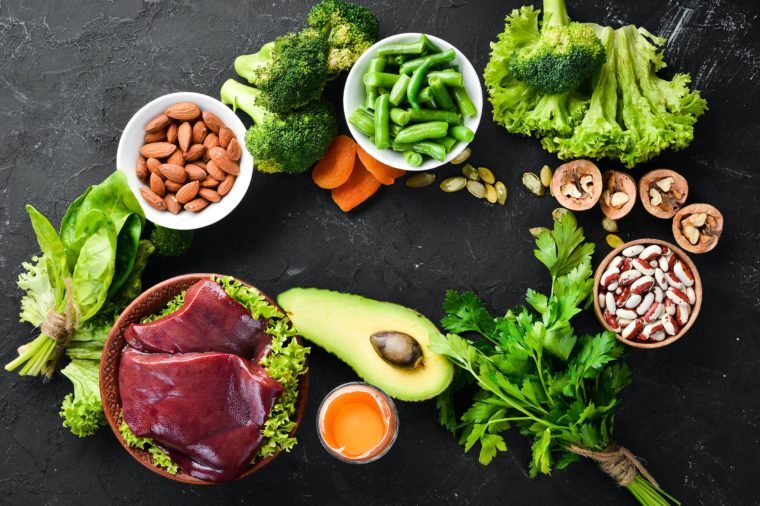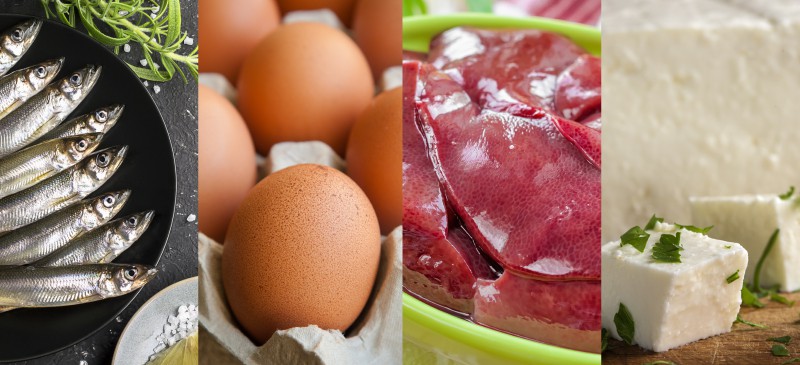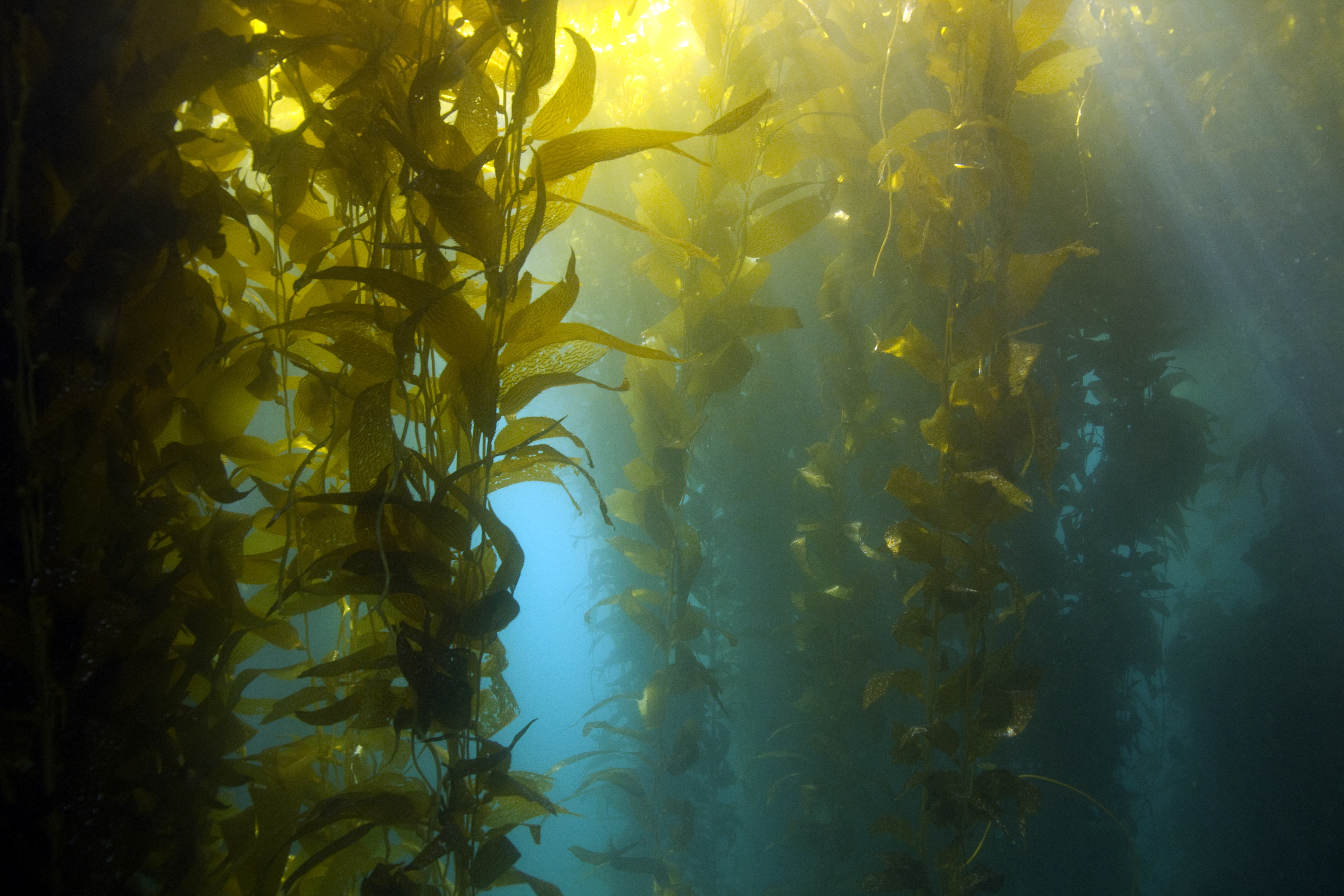In this blog, I will discuss the types of food which you must avoid when taking fucoidan. Most people do have a concern regarding the types of food they eat. There will be questions raising in your mind – what to eat and what not to eat when taking any medication and supplements. Fucoidan is a natural ingredient, so basically, you can eat any food while you are taking fucoidan.
However, according to the research by G. Becker et al., a long term intake of fucoidan may lead to a mineral deficiency. So, it is important to supply minerals such as iron, cobalt, manganese, and zinc to your body.
I would like to recommend consuming natural food that contains iron, cobalt, manganese, and zinc instead of taking a supplement.
Signs of iron deficiency: unusual tiredness, pale skin and, the pale coloring of the inside of the lower eyelids, shortness of breath, and headaches, and dizziness. Foods that contain iron are spinach, legumes, red meat, pumpkin seeds, and quinoa.

Signs of cobalt deficiency: cobalt is part of vitamin B-12, but be careful as some form of vitamin B-12 may lead to vision loss. There is no known deficiency of cobalt, but the lack of vitamin B-12 leads to anemia, weakness, and fatigue. Foods that contain cobalt are fish, nuts, leafy green vegetables such as broccoli, spinach.

Sign of manganese deficiency: poor bone growth, impaired growth, impaired glucose tolerance, and abnormal metabolism of carbohydrates and fat. Food that contains manganese are nuts, beans, whole wheat bread, brown rice, and a leafy green vegetable like spinach.

Sign of zinc deficiency: Loss of taste and smell, loss of appetite, decrease in immunity, depression, and excessive hair loss. Foods that contain zinc are meat, shellfish, beans, seeds, nuts, egg, and whole grain.

As you may have noticed, it’s perfectly alright to consume a large amount of fucoidan for a long time. Because if you eat decent meals such as vegetables, fruits, fish, beans, eggs, and brown rice, I think you will not have a deficiency of these minerals.
